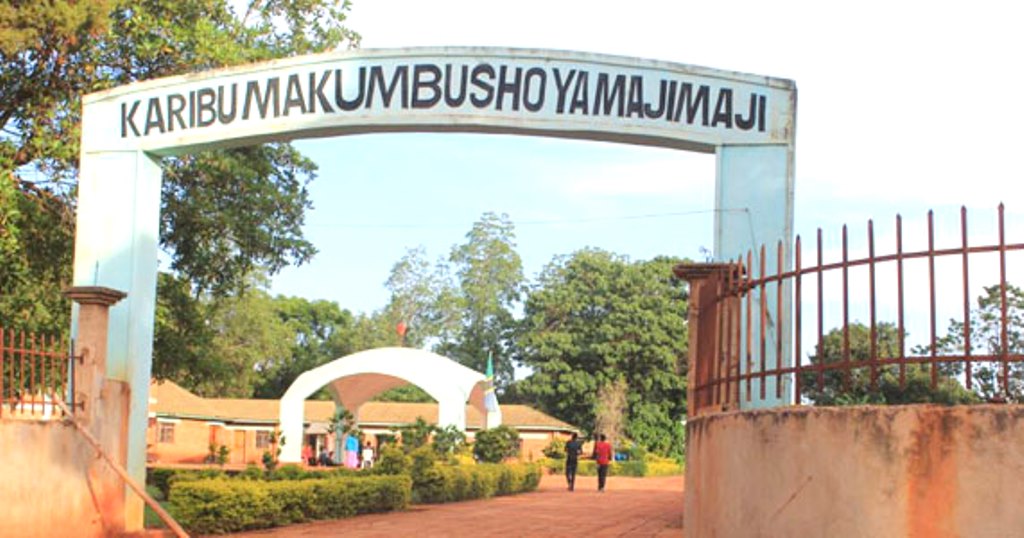THE National Museums of Tanzania (NMT) is set to commemorate 113 years since the uprising of Maji Maji war by focusing on promoting cultural tourism in Ruvuna region and the Southern tourism circuit.
The Director General of NMT Dr Noel Lwoga told the press conference in Dar es Salaam on Tuesday that the commemoration of 113 years of Maji Maji war will open a new page in cultural tourism in the area by telling stories regarding the fight for freedom.
He said for the first time, the medicine, which was applied as ‘bullet proof’ among fighters will be shown to the public. The medicine was provided to fighters by Kinjekitile Ngwale.
He added that 67 African fighters who were brutally killed by German invaders will be honoured for their bravely fight against colonialists. The commemorations are set to end on February 27, this year.
For her part, The NMT senior Museums officer who is chairperson of the commemorations organising committee Ms Christine Ngereza said the visitors will be able to visit Maposeni area in Peramiho ward in Songea District where the magical water was provided to the warriors by a magician woman know as Nduna Mkomanile.
She said that the current Chief of the Ngoni people Emanual Zulu, has welcomed other chiefs from Neighbouring countries for the major cultural event to be conducted in the area.
The Majimaji War (1904– 1907) was the most significant uprising mounted by Tanzanians against the German colonial rule. It was also one of the most catastrophic events in the colonial history of Africa.
Between 100,000 and 300,000 people of southern Tanzania died from the war and its aftermath including hunger. Colonialism was one of the major causes of uprising.
Majimaji uprising was also caused by forced labour. The Africans were forced to work on German construction projects like buildings, road, and railway networks as well as crop plantation including cotton production.







